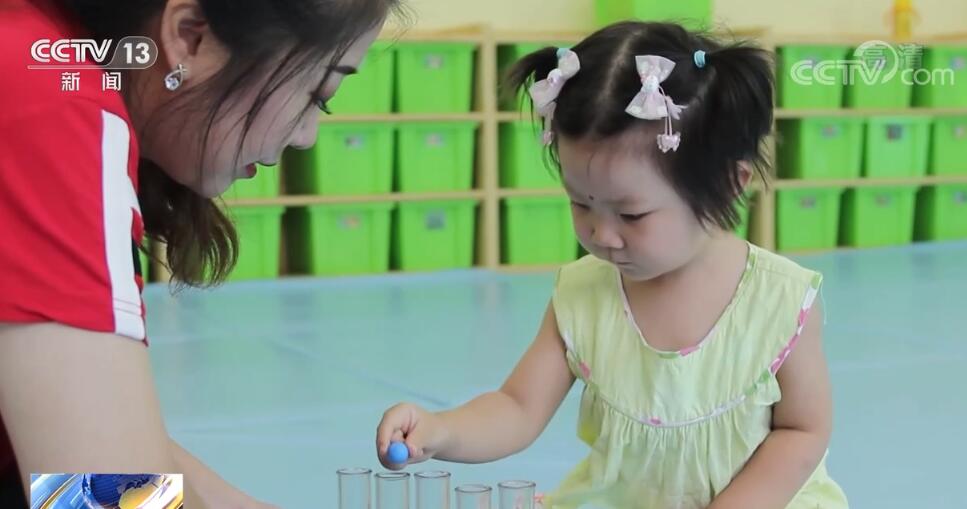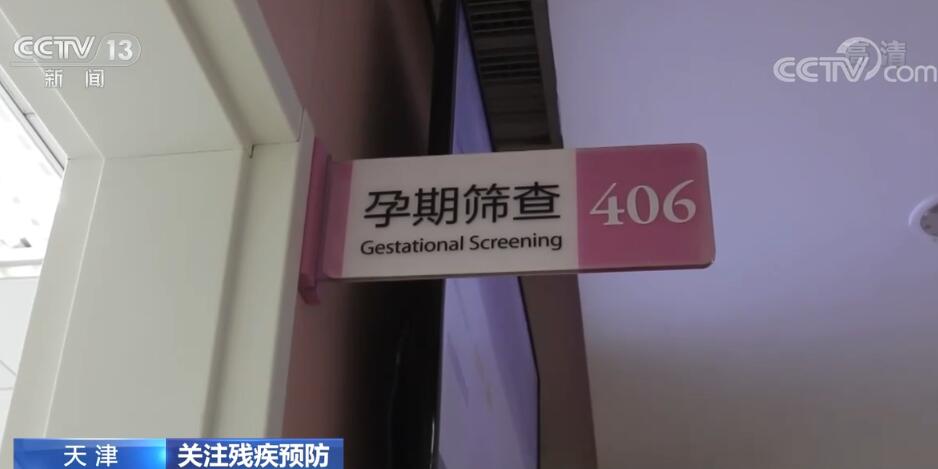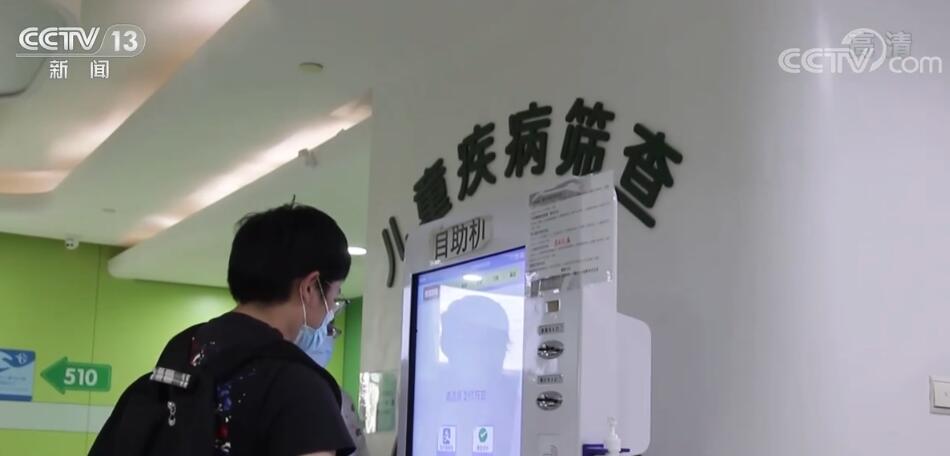CCTV News:According to the second national sampling survey of disabled people, congenital factors account for 9.57% of the disabling factors. Among congenital disabilities, developmental defects and non-hereditary disabilities account for the highest proportion, reaching 68.91%. Therefore, it is very important to prevent disability from the source of life, and now a three-level prevention and control system has been formed in Tianjin before pregnancy, before and after childbirth.
Xi Xi, who is undergoing hearing rehabilitation training, is two and a half years old. Now she can sing and dance. She was just born and was diagnosed with hearing impairment during health screening. When Xi Xi was less than one year old, she put on a cochlear implant. After rehabilitation training, now she is cheerful and likes to communicate with people.

Grandma Wu Cailan:Now I feel that my children can sing and say ballads, and the intonation is ok, so I am particularly happy.
Li Yi, Chief of Children’s Rehabilitation Department of Tianjin Disabled Rehabilitation Service Center:Early screening is very important. After birth, if we can find the child’s hearing problems as soon as possible, and equip her with hearing AIDS or cochlear implants as soon as possible, the time of hearing loss will be shortened.
Xixi’s healthy growth has benefited from Tianjin’s continuous efforts to prevent and control birth defects in the past ten years. It has successively implemented the women’s and children’s health action plan, promotion plan and promotion plan, and established a three-level prevention and control system from pre-pregnancy, prenatal and postpartum.

Shao Ping, Director of Tianjin Maternal and Child Health Center:We use all the medical resources and rehabilitation resources in Tianjin to prevent the disabled. Take hearing impairment screening as an example. The initial screening is done in maternity hospitals and midwifery institutions, and the hearing screening is done at the bedside. If the child’s hearing screening fails, he will come to our center for diagnosis, forming a complete workflow.

In addition, through the combination of online and offline publicity, Tianjin enables pregnant women and parents of newborns to keep abreast of screening-related knowledge and actively participate in screening projects. Up to now, the average coverage rate of screening for 15 diseases in Tianjin has reached over 98%.